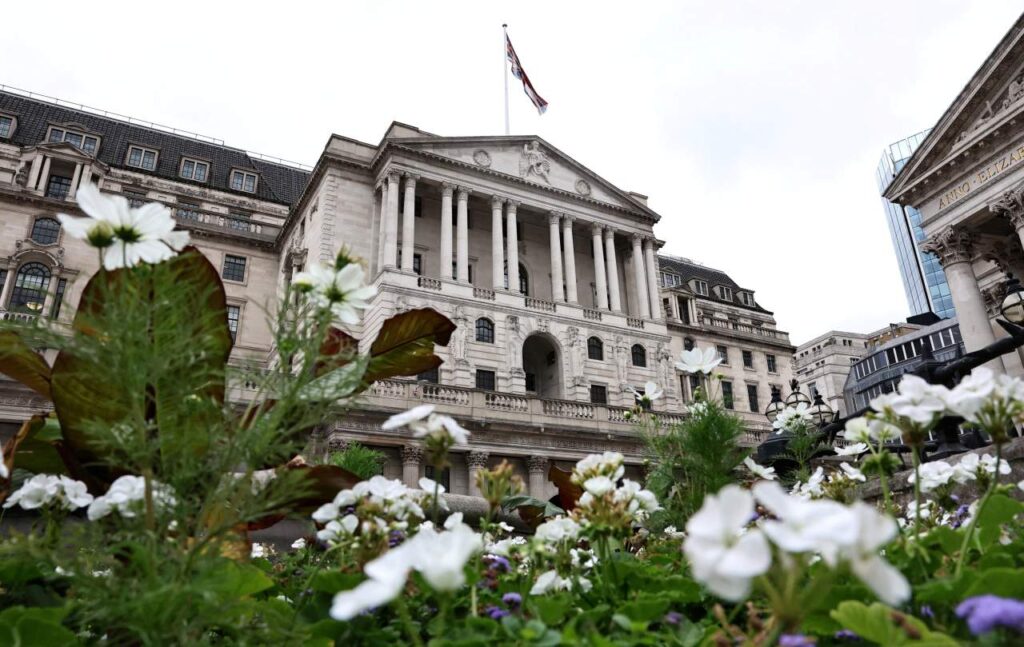
The British Labour Party, under increasing scrutiny, is facing significant financial challenges as it proposes tax increases without corresponding spending cuts. This strategy has raised concerns among financial analysts and investors, particularly in the wake of a looming £55 billion deficit projected for the fiscal year 2024. The implications of these fiscal policies could have far-reaching effects on the UK economy and its bond market.
Chancellor of the Exchequer has outlined a framework that includes raising taxes to fund public services and reduce national debt. The government’s approach, however, has drawn criticism from various sectors, with many arguing that such tax hikes could deter investment and undermine economic growth. Investors, commonly referred to as “bond vigilantes,” are closely monitoring these developments, as they have the potential to influence the UK’s credit rating.
Tax Strategy and Economic Impact
The proposed tax increases are set against a backdrop of an expected rise in interest rates by the Bank of England. As inflation continues to pose challenges, the government’s reliance on higher taxes without spending cuts may lead to a deterioration in investor confidence. A failure to address the deficit could see the UK’s borrowing costs escalate, potentially leading to tighter fiscal conditions in the future.
Some economists suggest that the Labour Party’s approach represents a significant shift in fiscal policy. The International Monetary Fund (IMF) has cautioned that unsustainable debt levels can create long-term economic challenges, particularly for a country already grappling with the aftereffects of the COVID-19 pandemic. The delicate balance between tax revenue and public spending will be critical as the Labour Party navigates these turbulent waters.
In addition to these fiscal concerns, the Labour Party faces the challenge of public perception. Voters are increasingly attuned to economic issues, and there is a growing apprehension regarding the implications of higher taxes on household budgets. As the party prepares for potential elections in 2025, how it communicates its economic plan will be crucial in securing public support.
The Road Ahead for the Labour Party
As the political landscape evolves, the Labour Party must contend with the ramifications of its financial decisions. The party’s leadership has emphasized the need for a sustainable economic model, yet doubts linger about the feasibility of this approach amidst rising living costs and stagnant wages.
The upcoming months will be pivotal for the Labour Party as it seeks to reassure both the electorate and investors. With the financial markets watching closely, the government’s ability to implement effective economic policies will determine its future viability.
In summary, the British Labour Party is at a crossroads, as it grapples with the complexities of tax policy and public finance. The outcome of its current strategy will not only shape the party’s political fortunes but also have lasting impacts on the UK economy as a whole.







